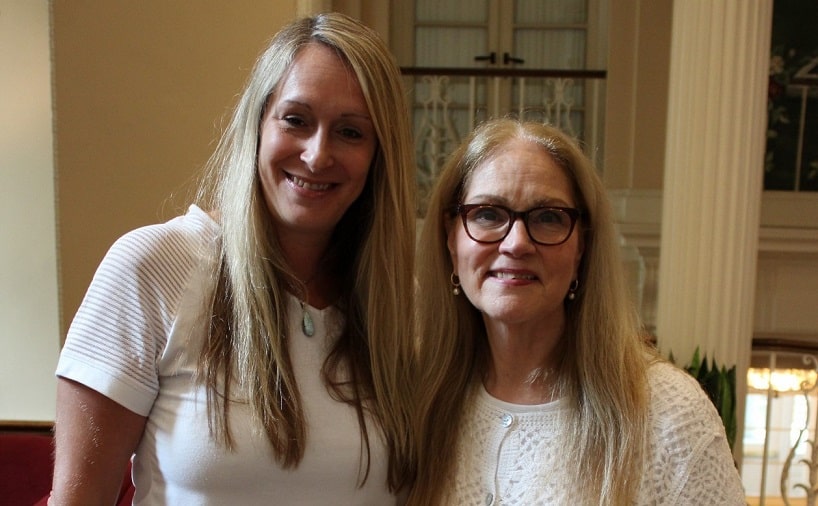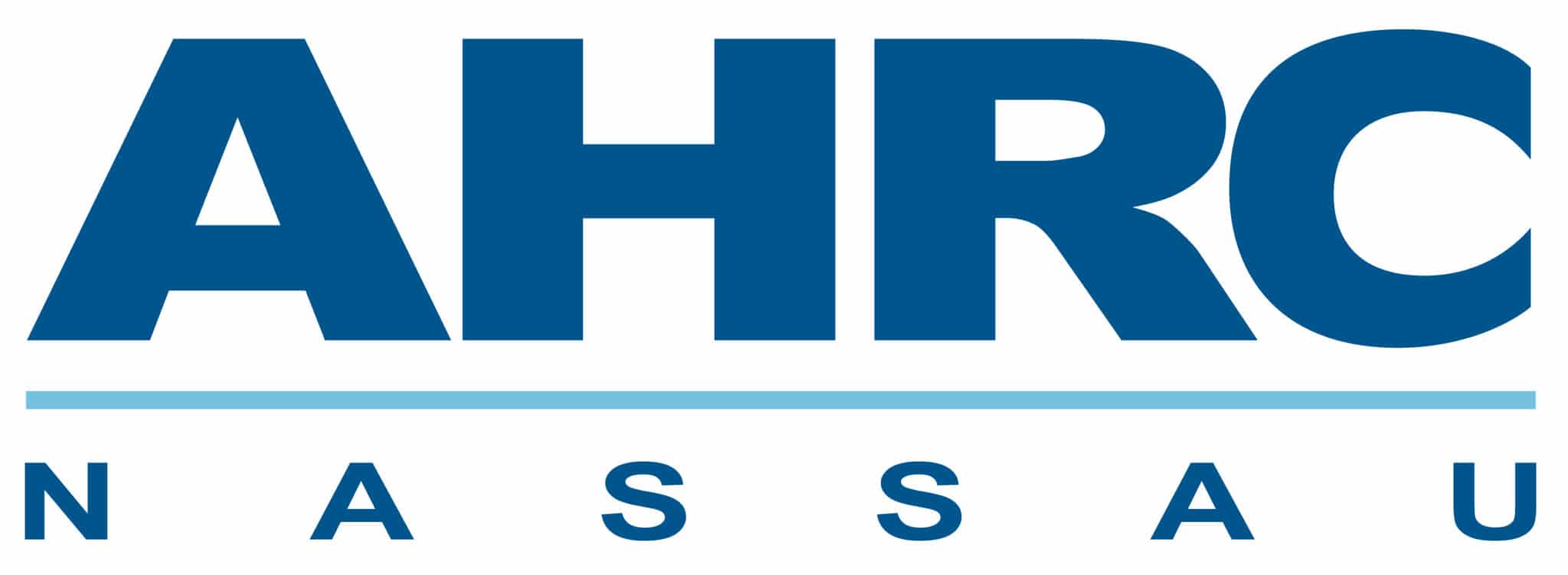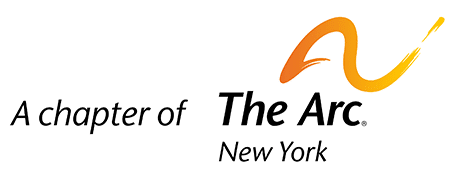 Sexuality and Socialization Specialist, Pamela “Pam” Boyle, has been with the agency since 2001. She tackled topics that include sex education, friendship, and relationships. She also counseled and led social groups for people supported. After spending over two decades with the agency, Pam Boyle has successfully helped the people we support develop friendships, romantic partnerships and become strong advocates in their community. This August, Pam retired from her role and is continuing her work in private practice.
Sexuality and Socialization Specialist, Pamela “Pam” Boyle, has been with the agency since 2001. She tackled topics that include sex education, friendship, and relationships. She also counseled and led social groups for people supported. After spending over two decades with the agency, Pam Boyle has successfully helped the people we support develop friendships, romantic partnerships and become strong advocates in their community. This August, Pam retired from her role and is continuing her work in private practice.
She is proud of her partnership with PrideAbility—an organization that supports people with disabilities who identify as LGBTQ+—and notes that the agency has made a commitment to support the initiative even after she leaves. Current PrideAbilty President Christian Hamlet was empowered by Pam to seek a leadership in the organization. They worked together for nearly five years. Throughout that time, he started looking for a way to contribute to his community.
“In my therapy I started getting stronger and really find myself, as a gay man, and to be okay with myself. And I got to a point where I was like ‘you know what, I’m ready,’” Christian said.
“So I went to Pam, and asked if there was any type of advocacy I could do, specifically for the LGBTQ+ community.”
With Pam, he shared his concerns about the rate of homelessness with LGBTQ+ youth and that he wanted to get involved, talk to people, and hear their stories. When he started attending meetings around 2020, he felt at home and connected with the other members.
Now as president, he can help others tackle their issues and has many goals for PrideAbility. They include increasing visibility, growing membership, and fundraising. Christian currently resides in an agency supported apartment with his partner. He works part time and dedicates around 20 hours a month to PrideAbility.
During their sessions, Chris and Pam worked on building his self-esteem, his confidence and as time went on, he found his voice and took to social media to share his perspective. From Pam, he learned that you can’t fix anybody, people will have their perceptions of you no matter what, and ultimately you can still live as your true self without their acceptance.
At AHRC, Pam has built a solid foundation, empowering agency staff—from clinicians to Direct Support Professionals—to be thoughtful, informed, and understanding as they protect the right of people to make choices for themselves.
“We teach our DSPs (Direct Support Professionals) to listen and that it’s okay for people to ask questions,” said Pam.
“We are making sure that sexuality is included in the supports provided. We can talk and address these issues.”
She’s adept at tackling topics that care providers typically overlook for people in the disability community. Topics that include sex education, socialization, sexual orientation, and gender identity, among others.
Through counseling, communication, and skill building, she acknowledges the common struggles facing people with disabilities and uses them as a base to build upon.
“The challenge that many people we support face is meeting partners,” said Pam Boyle.
“How can we help them develop the foundation of meaningful friendships that can develop into relationships. That’s why we need to educate and inform on foundational skills.”
Along with providing one-on-one sessions, Pam led weekly social groups for men, women, and people of all genders. In the groups, she educated attendees on social boundaries in interactions, conversation skills, and meet and greet skills. The groups also touched on the topics of loneliness, anxiety, shame, and feelings of embarrassment.
Social groups were not only a place for people supported to learn social skills, but also to practice them. While leading the groups, Pam was able to interject with questions, introduce different scenarios, and provide feedback with techniques on how to improve.
The CDC (Centers for Disease Control) reports that people with disabilities are five times more likely to report frequent mental distress than those without a disability. In tackling issues like social anxiety, Pam always asked group participants to “make a plan” to address their feelings. This can include taking a deep breath, taking a break and letting others speak, or excusing oneself from the conversation.
Pam is also proud of the many social events she’s planned for the people supported by the agency, including nine years of valentine’s “Date Night” dances, a women’s health fair and a women’s retreat. Each event prioritized fun, music, discussion, and connection. Some, like the Date Night dances were an opportunity for people to come with a date, sit, and work toward a more intimate connection. The event she reflects on the most is the women’s health fair.
“It was magic to see this massive group of women and staff coming together, talking to one another and helping one another,” said Pam. “It was so much fun.”
The women’s health fair was a holistic event done in partnership with Advantage Health Care. It touched on women’s social, emotional, and health issues and provided resources for people supported and staff.

